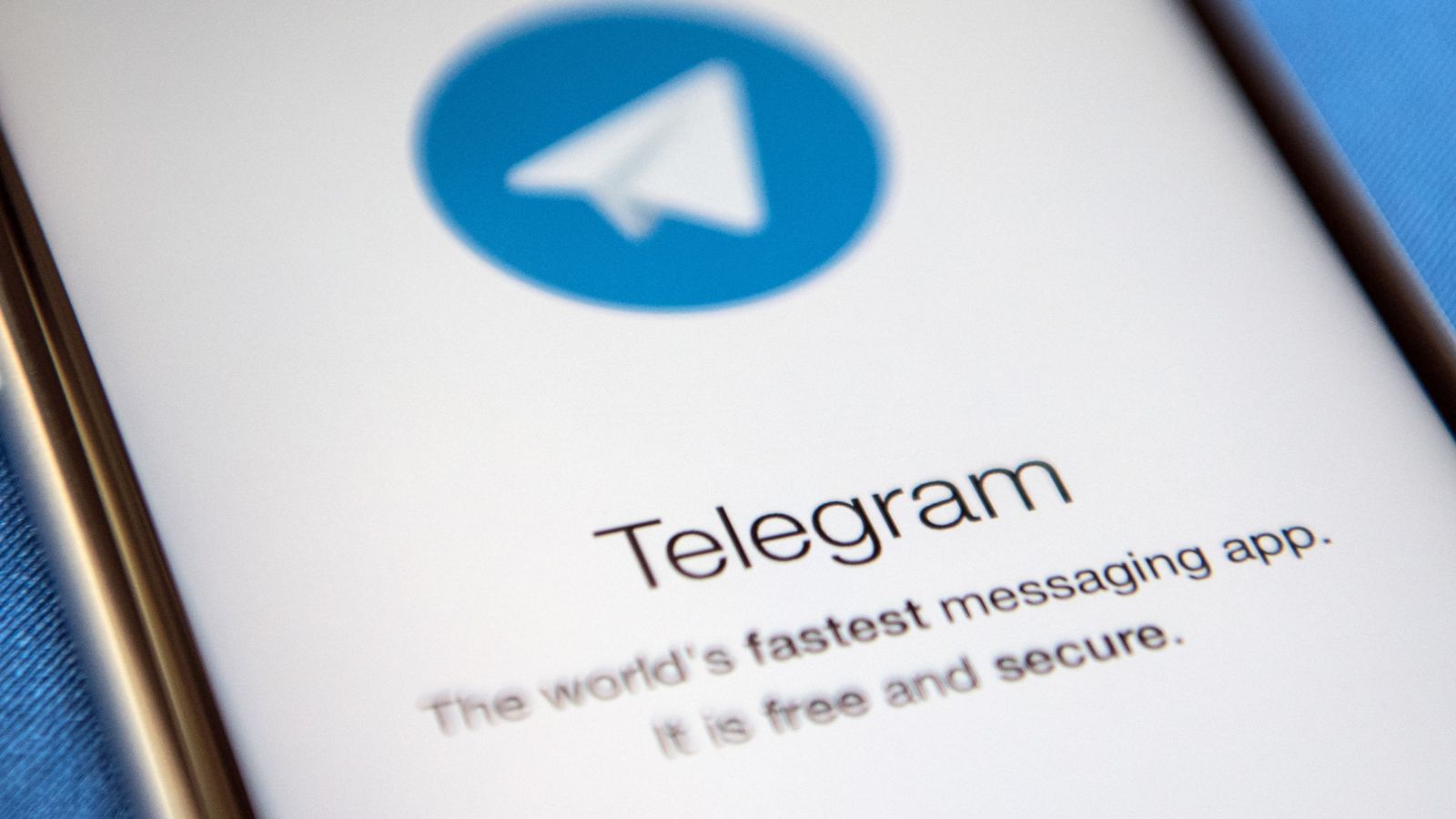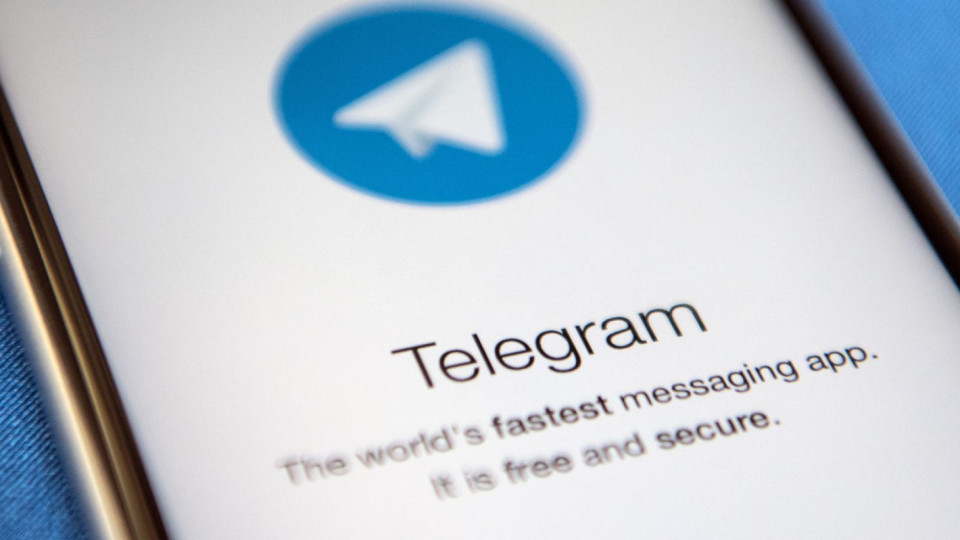
CEO Pavel Durov says the attack, which temporarily disrupted Telegram's service, came from mostly Chinese IP addresses.
Messaging platform Telegram has said it was hit by a powerful cyberattack that coincided with protests in Hong Kong.
Hundreds of thousands have taken to the streets of the Chinese-ruled city in recent days to protest against an extradition bill that would allow people to be sent to the mainland to stand trial.
Activists in both Hong Kong and mainland China, where Telegram is blocked, frequently use the messaging system to organise protests in the hope of evading government surveillance.
Telegram CEO Pavel Durov tweeted that the attack - which was aimed at disrupting the service rather than an attempt to steal user data - came from mostly Chinese IP addresses.
"Historically, all state actor-sized [attacks] we experienced coincided in time with protests in Hong Kong [coordinated on @telegram]. This case was not an exception."
Telegram detailed the attack in a thread on Twitter, explaining: "We're currently experiencing a powerful DDoS attack. Telegram users in the Americas and some users from other countries may experience connection issues.
"A DDoS is a 'Distributed Denial Of Service attack': your servers get GADZILLIONS of garbage requests which stop them from processing legitimate requests. Imagine that an army of lemmings just jumped the queue at McDonald's in front of you - and each is ordering a Whopper.
"The server is busy telling the Whopper lemmings they came to the wrong place but there are so many of them that the server can't even see you to try and take your order.
"To generate these garbage requests, bad guys use 'botnets' made up of computers of unsuspecting users which were infected with malware at some point in the past. This makes a DDoS similar to the zombie apocalypse: one of the Whopper lemmings just might be your grandpa.
"There's a bright side: All of these lemmings are there just to overload the servers with extra work - they can't take away your BigMac and coke. Your data is safe."
The messaging app, which offers end-to-end encryption through its so-called secret chats, has over 200 million users.









Leave a comment